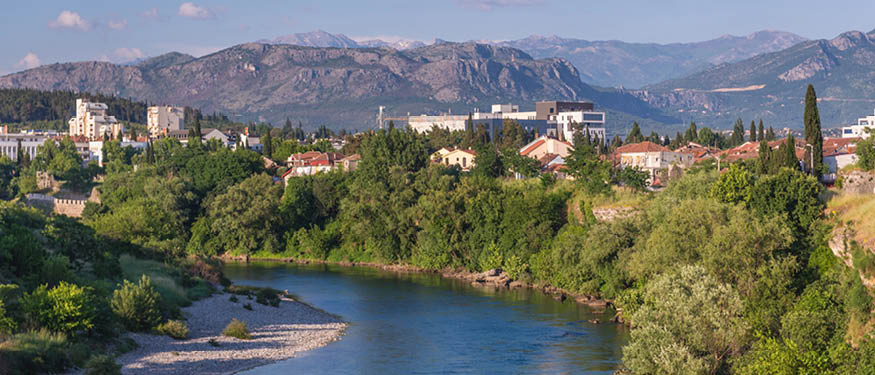Albania is making significant changes to its gambling laws. The Albanian government has been actively revising its gambling regulations, with the latest amendments poised to usher in a new era for the industry. Recent developments and what they mean for the future of gambling in the country are explored below.
The Albanian gambling landscape has witnessed several key changes in recent years. The initial Gambling Law of 2015 sought to define the categories of permissible games of chance, regulate the industry's conditions and procedures, and outline the roles and responsibilities of oversight bodies. However, the legal framework underwent unexpected alterations in 2018, which resulted in a significant shift of responsibilities. Under the 2018 revisions, the exclusive authority for organizing, developing, and mediating games of chance, sports betting, and lotteries became the sole responsibility of the state. This abrupt change led to the cessation of private sports betting activity, previously conducted by only few major licensed companies with ten-year permits.
According to data from the supervisory authority of the gambling industry, in 2018, there were 4,214 secondary points of activity for sports betting across the country, employing approximately 6,700 individuals.
Despite the ban, sports betting continued through informal channels, despite significant fines imposed on informal operators. Recognizing the persistence of informal sports betting activities and the associated challenges, the Albanian government has taken the initiative to reintroduce sports betting, this time exclusively online.
The upcoming Draft Gambling Law, expected to be approved in early October, marks a shift in the Albanian gambling sector's dynamics. It aims to reestablish private sports betting activities, but with a focus on online platforms. This reintegration comes with new regulations and stringent requirements for operators.
Notably, the Draft Gambling Law does not reinstate electronic games or track race betting, effectively prohibiting companies from offering these services in Albania. Online sports betting, as defined by the Draft Gambling Law, tends to bring precision to the game.
The Draft Gambling Law also introduces a stringent set of criteria for those aiming to venture into the online sports betting arena. According to the same, only ten licenses will be issued, and these will be allocated through a competitive selection process.
The aspiring operators must be an Albanian entity, structured as a joint-stock company with a specified capital requirement. Further shareholders and managers needed to meet stringent fit and proper requirements, and evidence of capital sources is a prerequisite for compliance with anti-money laundering regulations. Experience is another essential criterion. To even be considered, the applicant, or one of its shareholders, should have experience in EU or OECD countries for not less than 3 years combined with a minimum turnover of EUR 20 million in the games of chance industry from the previous financial year. Administrative and management capabilities are also a must.
While the Draft Gambling Law provides basic software requirements, detailed regulations will be established through secondary legislation once the law is approved.
In conclusion, Albania's evolving gambling regulations are poised to introduce significant changes to the industry. The reintroduction of online sports betting, strict licensing requirements, and the prohibition of certain gambling categories signal a transformative period for the Albanian gambling sector. As the Draft Gambling Law advances towards parliamentary approval, industry stakeholders are anticipating a new era of regulated gambling, awaiting the final version of the Draft Law and its impending enactment.
By Sabina Lalaj, Local Legal Partner, Deloitte Legal Albania & Kosovo
















